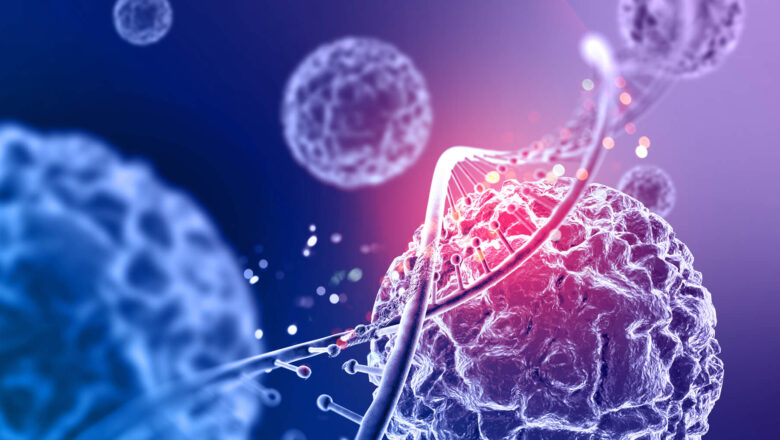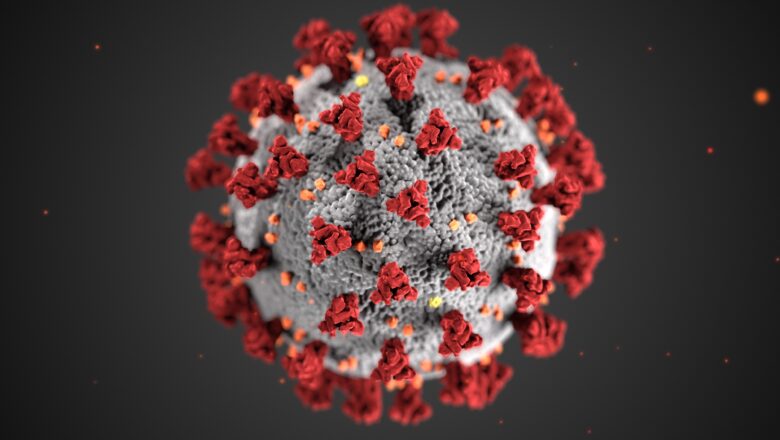
The Impact of Climate Change on Health
Climate change has become a serious concern around the world in recent years. Such as increasing temperatures, extreme weather events, sea level rise and changes in ecosystems. These factors negatively affect natural life and human health. In this article, we will examine the effects of climate change on health in detail.
Temperature Increase and Heat Related Health Problems
Heat Related Diseases:
Rising temperatures increase the frequency of heat stroke and heat-related illnesses. Such diseases pose a risk especially for the elderly, children and individuals with chronic health problems.
Respiratory Problems:
High temperatures can accelerate the formation of air pollutants. This can increase the spread of asthma and other respiratory diseases.
Water Quality Problems:
...








